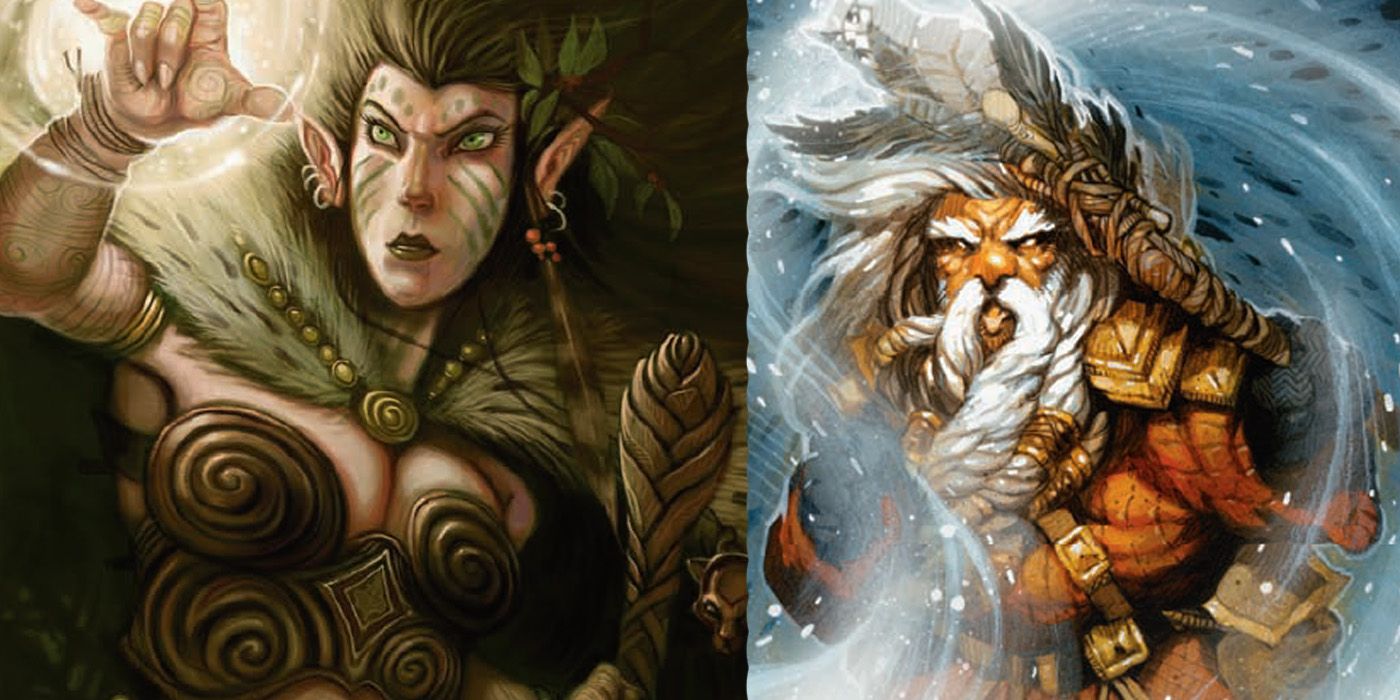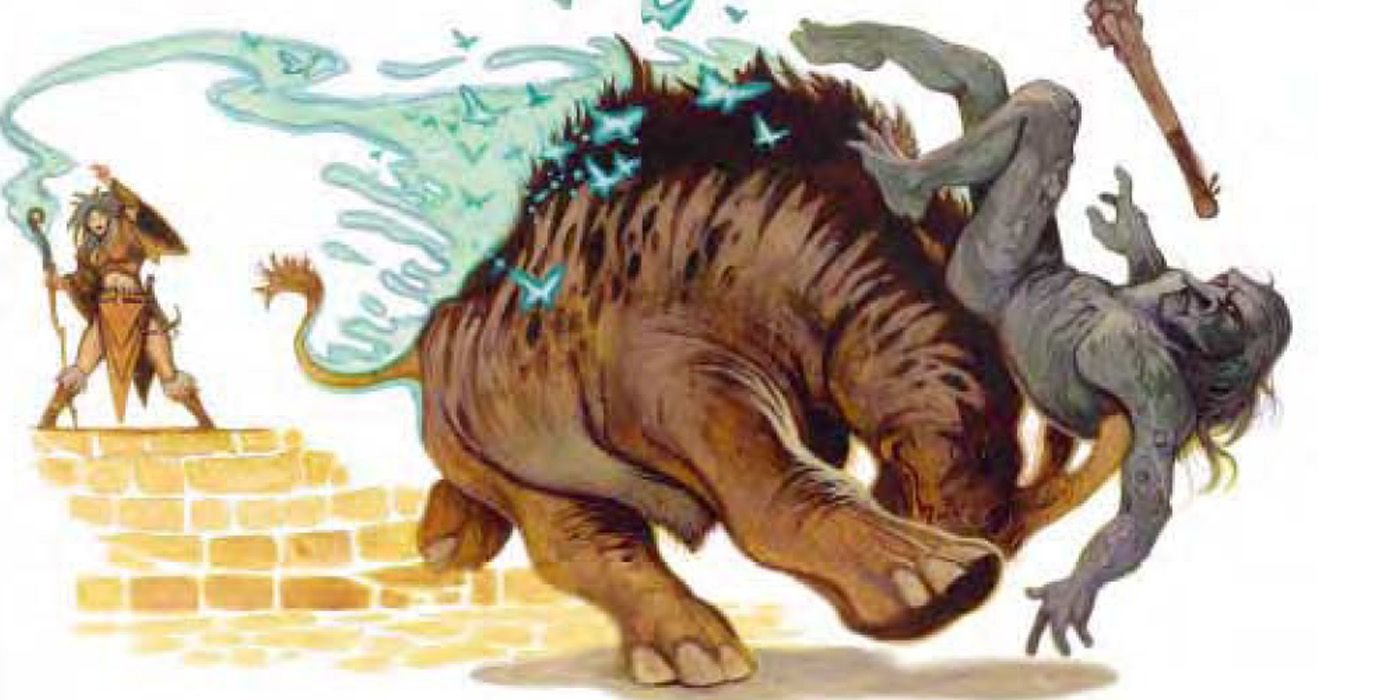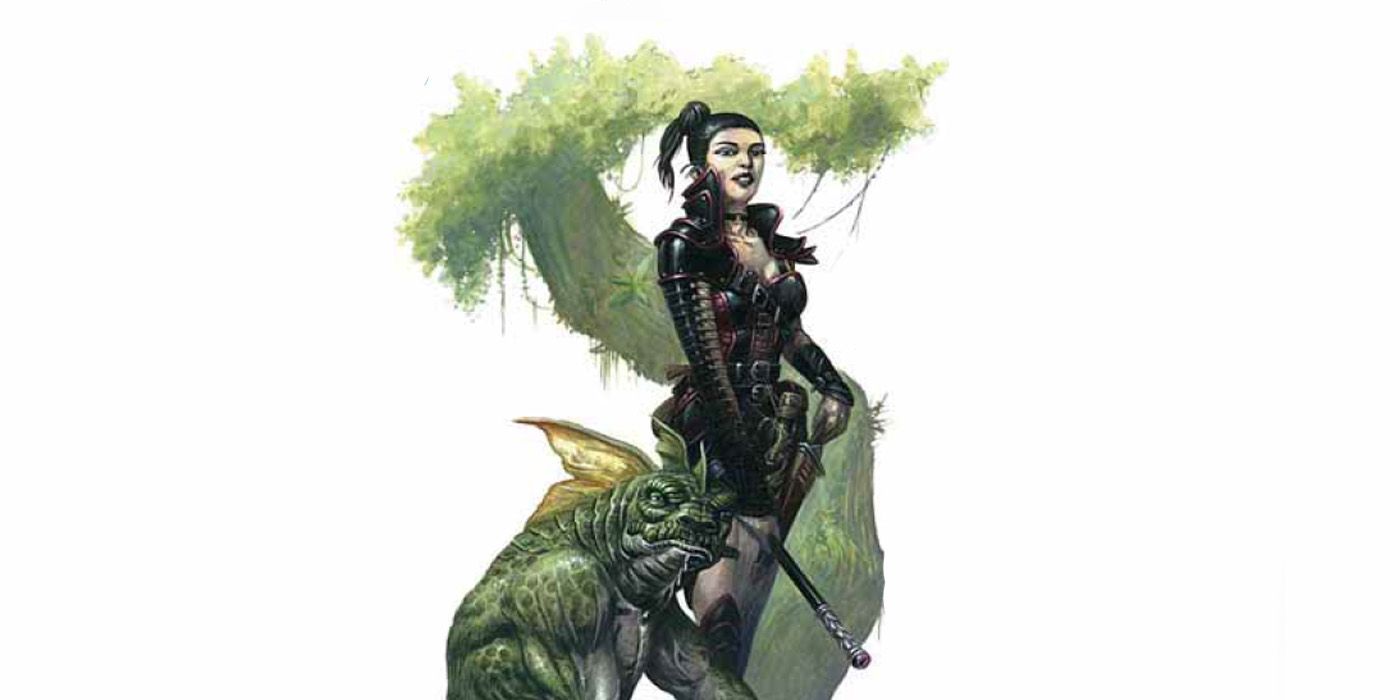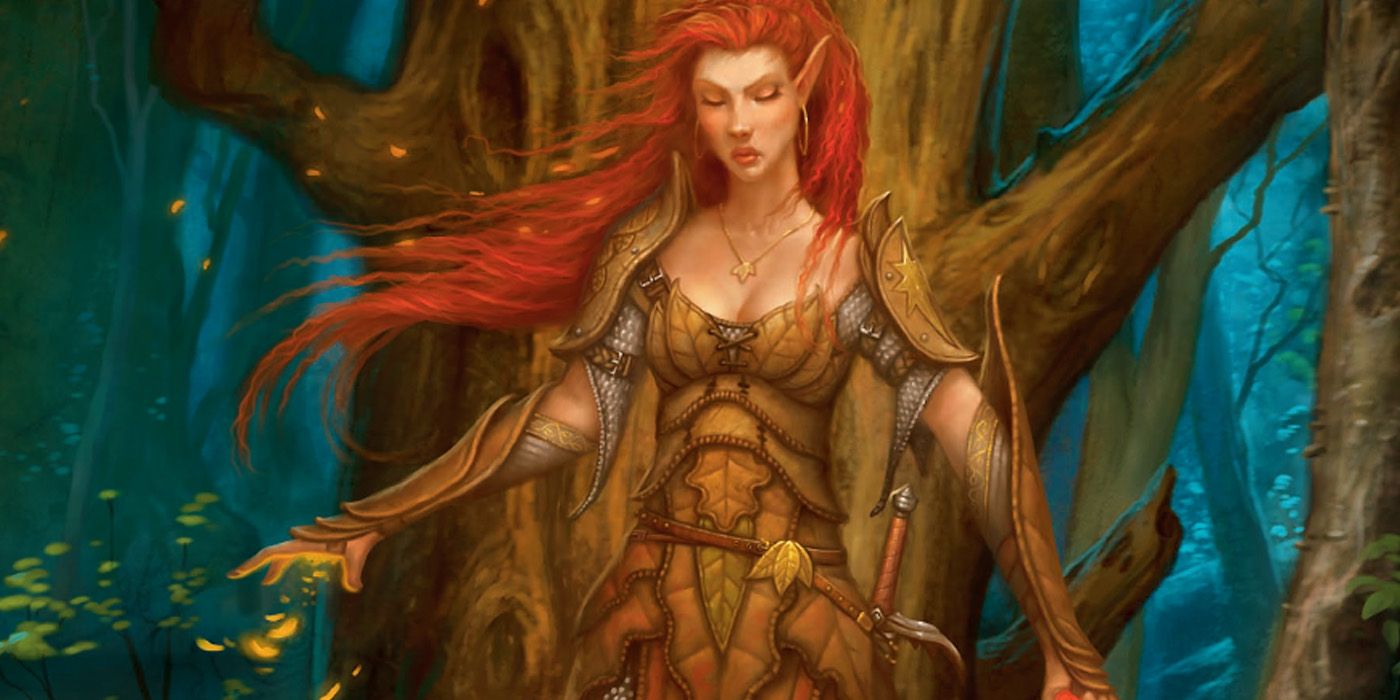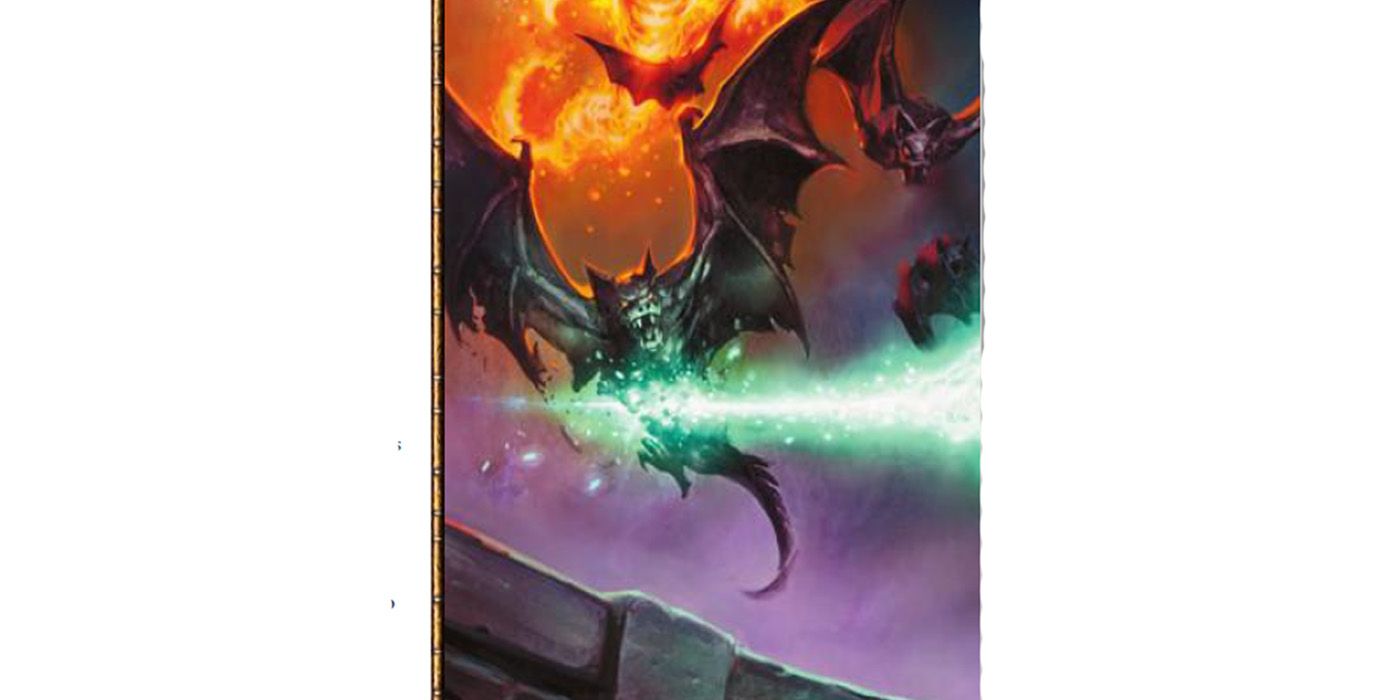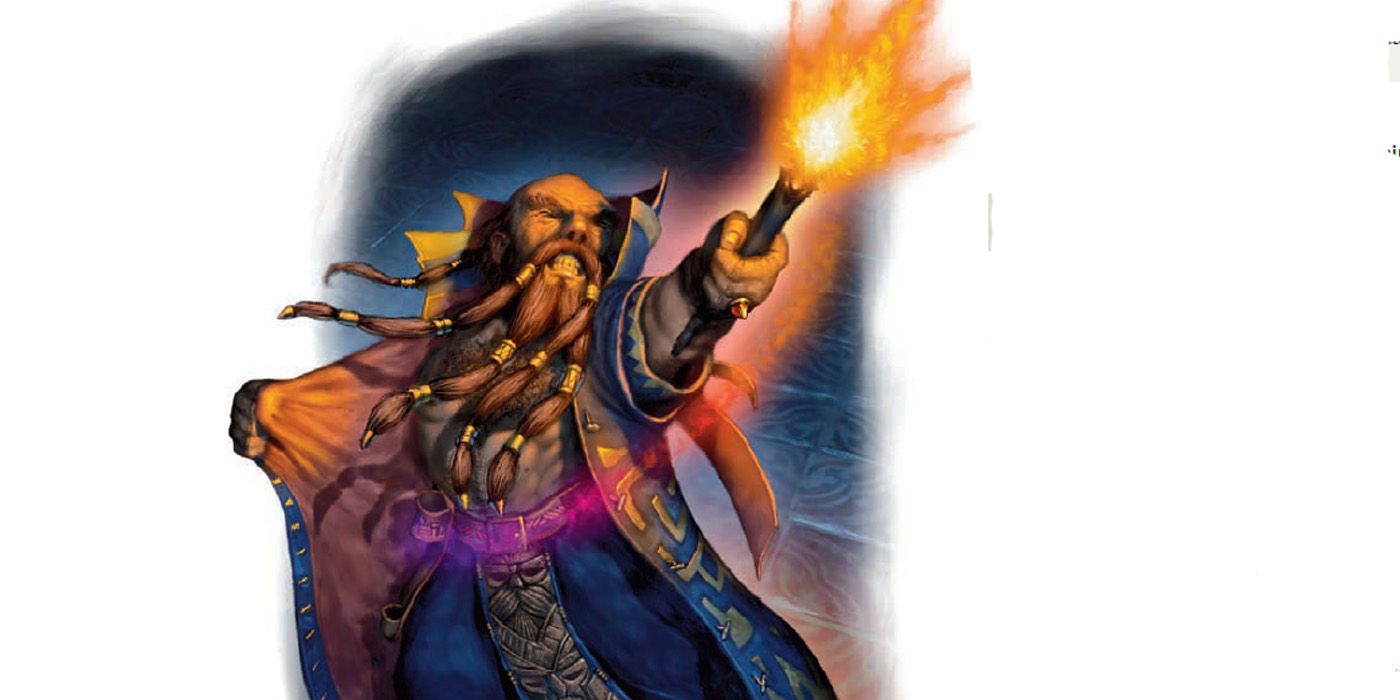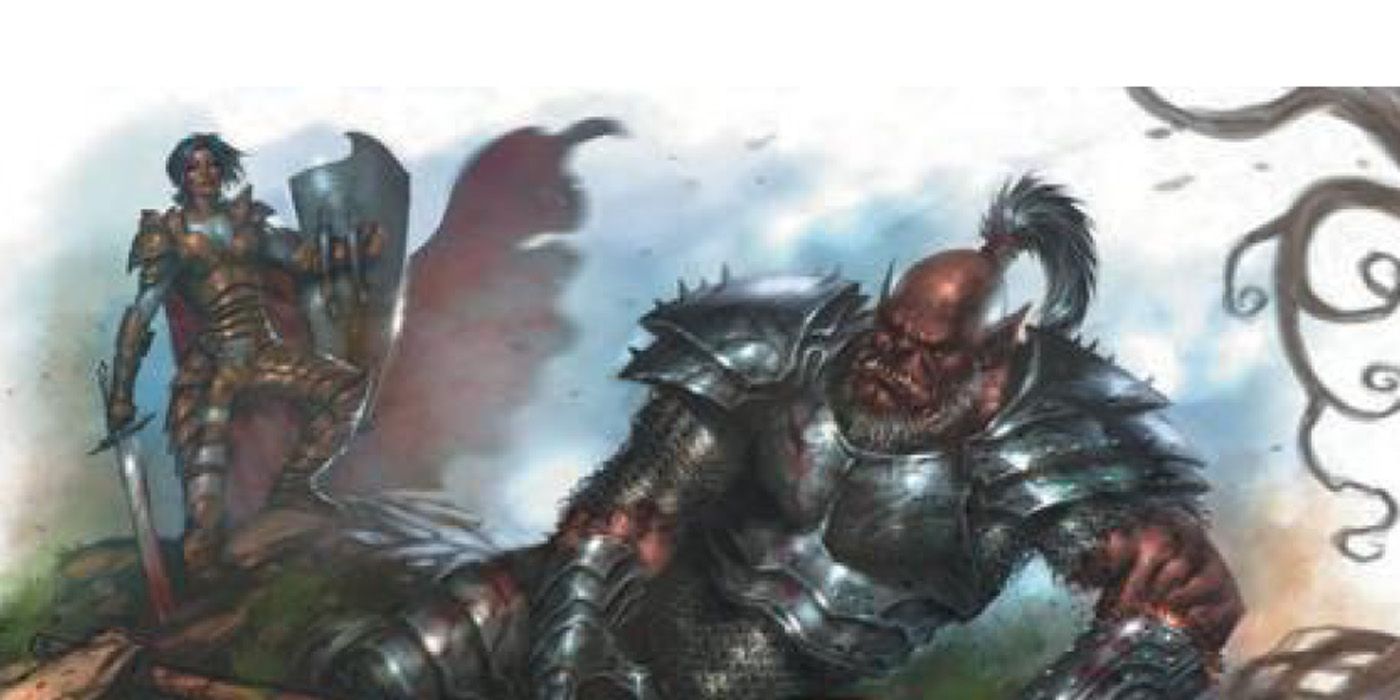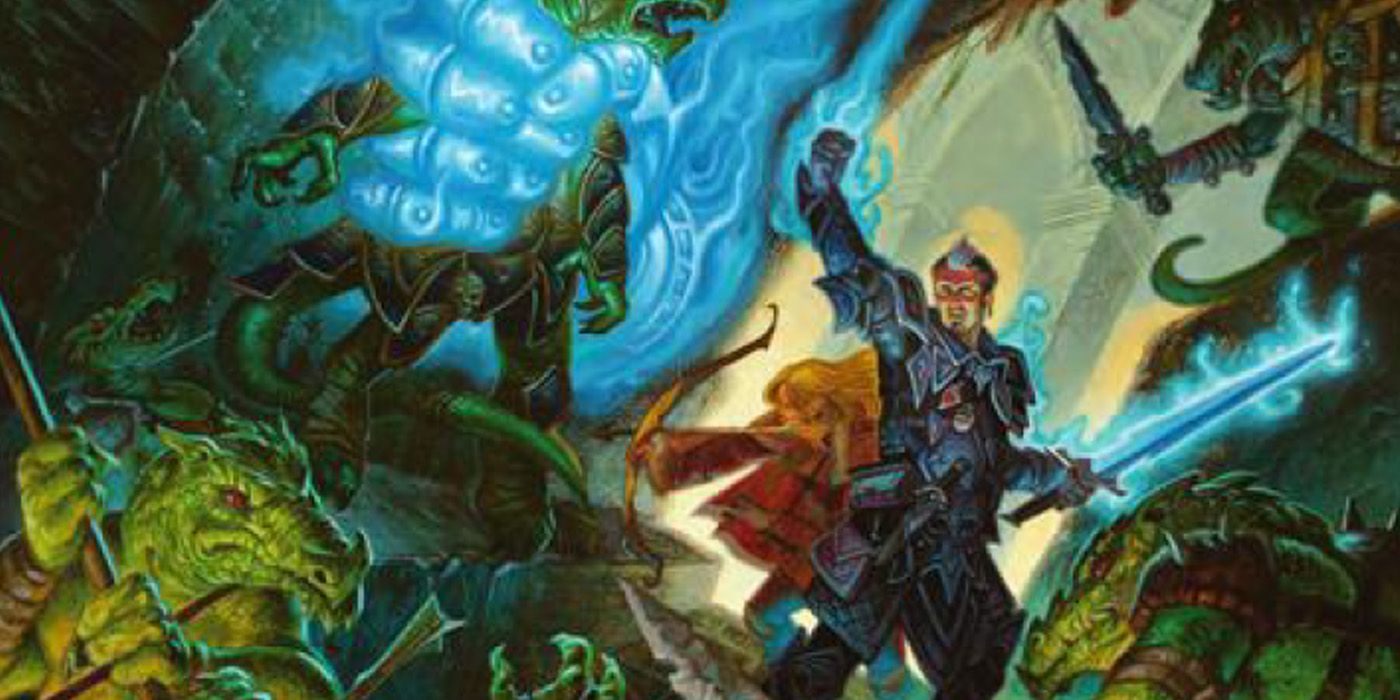Druids in Dungeons & Dragons serve as nature's avatars. Moreover, their unique connection with nature makes D&D's Druids one of the most versatile Classes in the entire TTRPG. Additionally, Druids tap not just into their Wild Shape but also into various skills and abilities that allow them to commune with nature's spirits. In turn, these spirits help Druids overcome challenges inside and outside of combat.
However, players who want to make versatile Druids may want to pay attention to certain Class Features. After all, all Druids may hold strong ties with nature. However, not all kinds of Druids might help players with their campaign's needs.
10 Must-Have: Wild Shape
Save for the Druid's huge arsenal of useful Spells, their Wild Shape allows them to tap into the forms of beasts they've seen before. In turn, they can take on the scouting role otherwise reserved for versatile Rangers, as Wild Shape now lets Druids become various kinds of creatures. Wild Shape has complex mechanics, such as taking on the Hit Dice and HP of beasts the Druids assume and replacing much of their statistics.
Interestingly, Wild Shape easily becomes the best feature of Druids thanks to its utility option. Moreover, Circle of the Moon further expands the potential of Wild Shape by giving Druids more freedom when it comes to their capabilities while in beast form.
9 No Thanks: Druidic
A Druid's intimate connection with nature allows them to communicate with others with similar ties. In turn, Druids know Druidic - their ancient language, which they can use to communicate and leave secret messages. Druids and others aware of Druidic can instantly spot messages in Druidic. Meanwhile, others can also spot the message with a successful Wisdom (Perception) check at DC 15, albeit can only read it with magic.
Unfortunately, Druidic, like the Rogues' Thieves' Cant, is extremely situational. It's almost useless in any campaign setting unless the DMs themselves want it to have a more active role in the adventure.
8 Must-Have: Circle Of The Moon
Druids gain mastery over their connection with nature thanks to Circles, or groups of Druids that focus on certain aspects of the wild. Interestingly, of all these Circles, the Circle of the Moon easily trumps the others as this essentially makes Wild Shape more of an offensive feature. Within this Circle, Combat Wild Shape now lets Druids take on a shape as a Bonus Action instead of an action.
Moreover, Primal Strike lets a Druid's attack in beast form overcome immunity to nonmagical attacks. Additionally, Elemental Wild Shape now allows Druids to take on the form of an elemental. Lastly, Thousand Forms now grants Alter Self as an at-will Spell. Thanks to these perks, the Circle of the Moon transforms Druids into a heavy-hitter. In turn, Druids can also substitute as a tank or as a melee DPS. Meanwhile, the Wild Shape ease-of-access also allows Druids to regularly fall back for the occasional healing.
7 No Thanks: Timeless Body
Thanks to a Druid's innate connection with nature, they become one with the cycle of life and death itself. In turn, their primal magic forces Druids to age much more slowly. At 18th-Level, Druids age only a year every decade.
Unfortunately, Timeless Body doesn't have any immediate effect on the game. Interestingly, this may mean a player can use the same Druid character as a mentor of sorts if they decide to play again in the same setting using new characters of a future generation. Other than this, Timeless Body is a nice feature to automatically gain without any real benefits - except, perhaps, when conversing with other "old souls" such as powerful NPCs.
6 Must-Have: Beast Spells
When Druids initially enter their Wild Shape, they can tap into their chosen creature's statistics and skillsets, but they can't cast any Spells during that shape. Thankfully, they can still maintain Concentration on a Spell they've already cast. However, Druids in a shape can't take actions associated with a Spell they're Concentrating in.
Thankfully, Beast Spells now allows Druids to cast Spells of their choosing while skipping Verbal and Somatic Components. They can't cast Spells that require Material Components, however. Regardless, the added ability to cast Spells without most of their Components means Druids can take to the skies and cast vicious Spells while hovering over enemies. Thankfully, Beast Spells will hopefully let Druid scouts also get better opportunities to explore dangerous dungeons, especially when navigating past dangerous opponents guarding ancient artifacts.
5 No Thanks: Archdruid
By the time Druids hit 20th-Level, their control over the forces of nature seems so immense that they can naturally become almost any creature they will. In turn, the Archdruid Feature lets 20th-Level Druids assume Wild Shape any number of times the wish. Moreover, they no longer have to rely on Verbal, Somatic, and Material Components of Spells, regardless of their forms.
Unfortunately, Archdruid easily becomes a simple utility option for most Druids that hit maximum level. In turn, most Druids might think about just Multiclassing to expand their options. Likewise, Archdruid may serve the purposes of Circle of the Moon best, given their emphasis on the Wild Shape feature.
4 Must-Have: Elemental Adept
A Druid's mastery over nature allows them to tap into Spells that preside over various elements. In turn, Druids access Spells that can summon blazing flames, torrential waters, violent earthquakes, or harsh winds. However, the Elemental Adept Feat lets Druids take this further, as the Feat now allows their Spells to ignore resistance to a damage type (between thunder, lightning, fire, cold, or acid) and convert all 1s in damage rolls into 2s.
Interestingly, the Druid is one of the more specialist Classes capable of pulling off Elemental Adept. In particular, the Circle of Land lets Druids tap into various sets of elemental Spells. With Elemental Adept, players can enable their Spells to be more potent against more powerful enemies.
3 No Thanks: Magic Initiate
Thankfully, a Druid's expertise in nature's magic allows them to bolster their allies with a number of healing Spells and useful Spells. However, learning more shouldn't hurt, right? With Magic Initiate, Druids may be able to learn two Cantrips and a 1st-Level Spell from the Bard, Cleric, Druid, Sorcerer, Warlock, or Wizard lists.
However, players need to remember that Druids have plenty of prepared Spells, and they already know all the Spells they're going to tap every level. Unless they're of a melee-oriented Subclass such as the Circle of Spores, Magic Initiate might not be as effective for Druids.
2 Must-Have: Resilient
Druids can't maximize their abilities in battle if enemies always interrupt their Concentration. Moreover, Druids get a limit on their armor so their AC naturally becomes lower than that of tanks. As such, enemies always have better chances of interrupting useful Spells or land more hits against them. Thankfully, the Resilient Feat gives Druids that much-needed edge to stay in the fight longer, especially against tough bosses.
With Resilient, Druids can now add one point to any Ability Score of their choosing. Moreover, they now get Proficiency in Saves for that Ability. In turn, Resilient can boost a Druid's survivability and magic flexibility by adding a much-needed Constitution Save Proficiency to their repertoire.
1 No Thanks: War Caster
Druids can't always stay in the front lines as wielding weapons and shields like the Cleric won't let them cast any Spells. Interestingly, the War Caster Feat circumvents this caveat. With this Feat, Druids now get an advantage on Constitution Saves for Spell Concentration. Moreover, Druids now learn how to cast Spells even when wielding weapons with both hands.
Interestingly, War Caster also allows Druids to use their Reaction to cast a Spell instead of doing a simple Opportunity Attack. However, unless a player's Druid wants to get in the front lines, Resilient's free Proficiency and Ability Score offers more in terms of rolls compared to simply advantages.

